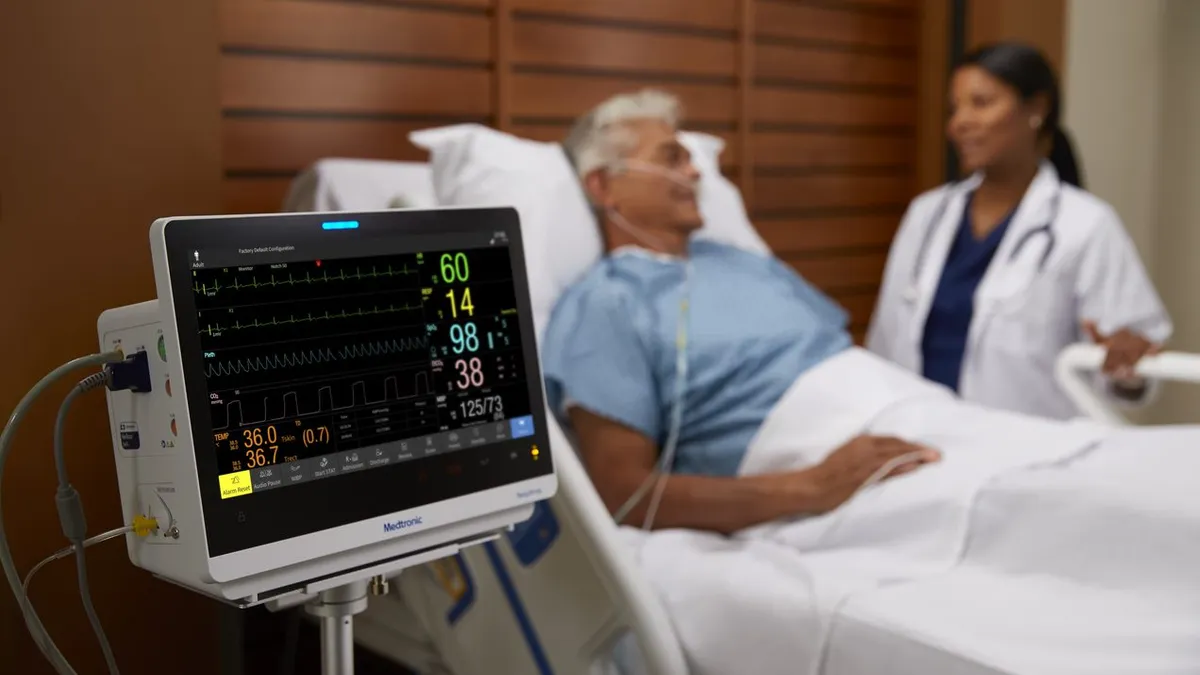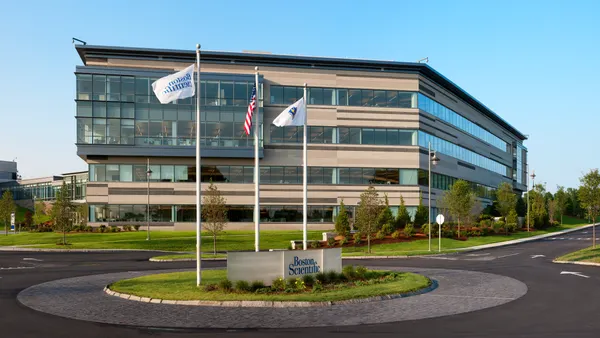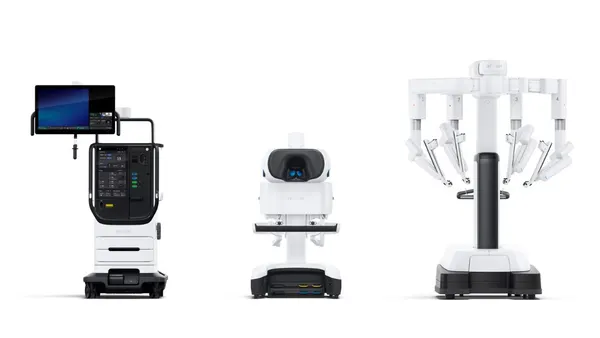Medtronic’s move to spin off its patient monitoring and respiratory interventions business is a “step in the right direction,” although the benefits are limited and “doesn’t move the needle” in terms of the company’s growth plan, according to analysts.
Dublin-based Medtronic, the world’s largest medical device company by revenue, said on Monday it plans to spin off the two units into a new company focused on connected care with a combined revenue of about $2.2 billion.
The move is part of a broader effort by Medtronic to reach a 5% organic growth rate by shedding businesses whose growth rates are below the company’s average. It’s also the second spinoff Medtronic has announced since it struck a joint venture with DaVita earlier this year to create a kidney care-focused medical device company.
While the spinoff is consistent with Medtronic’s intentions, it may not be the “shot in the arm that investors longed for,” BTIG Analyst Ryan Zimmerman wrote in a research note on Monday titled “Patient Monitoring & Respiratory Spin a Step in the Right Direction, But Doesn’t Move the Needle.”
J.P. Morgan analyst Robbie Marcus added that while the deal makes sense, “it doesn’t address any of the key investor concerns.”
BTIG’s Zimmerman wrote that “slower growth and no-growth segments” such as spine and diabetes will continue to weigh on Medtronic.
Medtronic’s valuation may not improve much until it provides more insight into the company’s future growth drivers, Marcus wrote. Those concerns include a slow rollout of its Hugo surgical robot and a clinical trial miss for its planned renal denervation treatment for high blood pressure.
Analysts also are looking for a resolution for Medtronic’s diabetes business, which received a warning letter from the Food and Drug Administration last year following the recall of the MiniMed 600 series insulin pumps, after a fault caused some patients to receive the wrong amount of insulin.
Focus on ‘ecosystems’
In an investor call on Monday, Medtronic CEO Geoff Martha said the spinoff would allow Medtronic to focus on the areas he called the most strategic for the company, including those where there are shared advantages in customers or technology.
“We’re really focused on building these ecosystems around our products, and the ecosystems we’re most focused on did not include the one in NewCo,” Martha said, referring to the currently unnamed new company. “Conversely, we think the NewCo could use more focus and some incremental investment as a standalone entity.”
These ecosystems include technology platforms such as robotics, data and AI technologies, RBC Capital Markets Analyst Shagun Singh wrote in a research note. The company is building an ecosystem of treatments to enhance commercial synergies including in diabetes and surgical robotics, she added.
As for the new company, it will include three main business segments: respiratory therapies and monitoring, blood oxygen management, and anesthesia and perfusion monitoring.
“With more flexibility and an integrated portfolio, NewCo is better positioned to capture share across connected care and patient monitoring solutions,” J.P. Morgan’s Marcus wrote.
The company’s respiratory business, which includes ventilators, video laryngoscopy breathing systems and ventilation software, was “routinely speculated about” when Medtronic began talking about portfolio management, BTIG’s Zimmerman wrote. The segment, which brought in about $836 million in sales in the company’s 2022 fiscal year, “saw significant declines in demand following exceptional growth during COVID-19,” he wrote, though Medtronic’s CEO maintained that the choice didn’t have anything to do with COVID-19.
More spinoffs to come?
Based on Medtronic’s financial disclosures, the benefits of the deal to the company’s growth likely will be small, meaning the company may still look to make other changes to its portfolio in the future, wrote William Blair Analysts Margaret Kaczor and Brandon Vazquez.
“...while there will likely be spin-off costs the company will occur, it is unclear when Medtronic will begin to durably see the benefits of the spin-off,” the analysts wrote. A deal is expected to close in 12 to 18 months, and Medtronic did not change its forecast of 4% to 5% organic revenue growth for its 2023 fiscal year.
Medtronic’s leaders also left the door open to future divestments.
“This is a next step. This isn’t necessarily the last step. It’s an ongoing process here to look at the portfolio,” Martha said.













